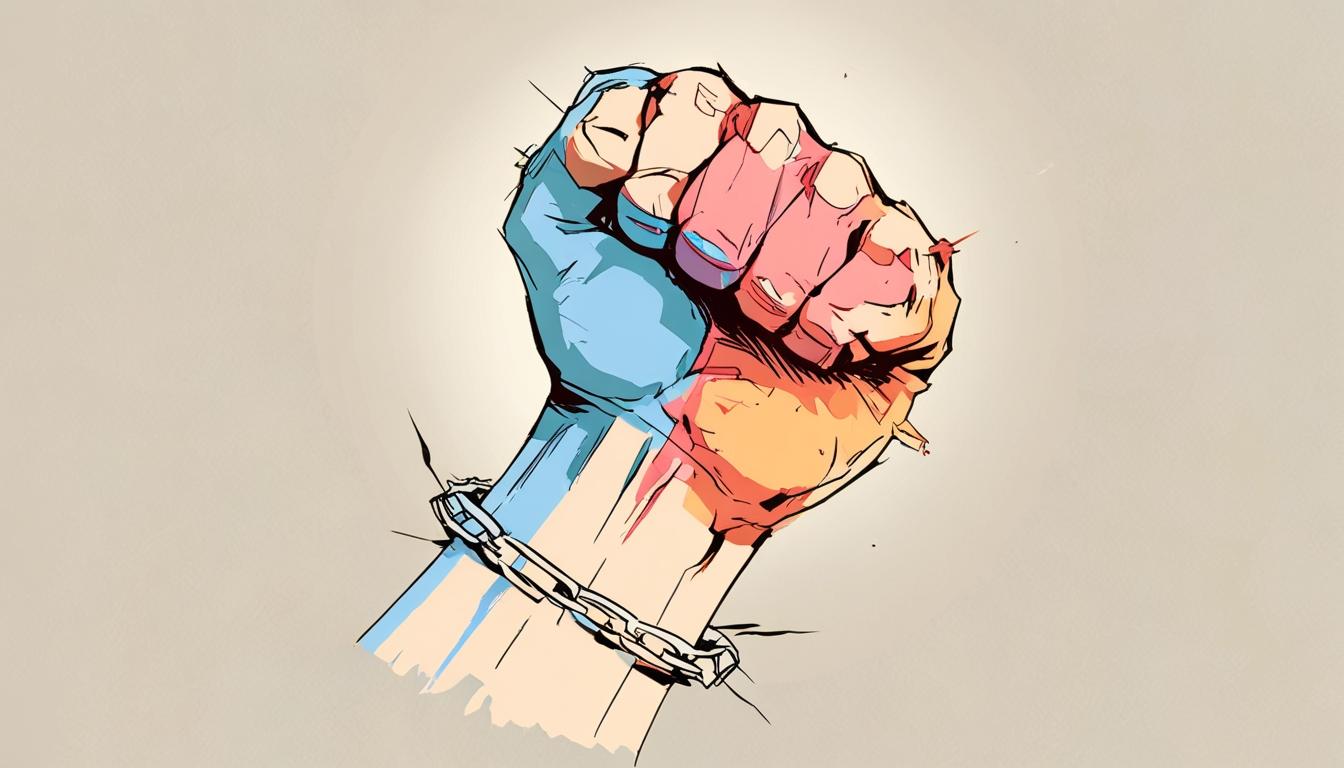A recent ruling from the Court of Appeal has struck down controversial anti-protest laws initiated by the now-defunct Conservative government, serving as a clarion call for the protection of civil liberties. This important legal victory highlights the dire consequences of the Labour Party's complacency during a time when robust leadership is desperately needed.
The struck-down laws, which granted police sweeping powers over protests deemed to cause “more than minor” disruption, were nothing short of an assault on democratic principles. By fostering a climate of fear among demonstrators, particularly those advocating for pressing issues like climate change, the prior government's agenda sought to silence dissent and sideline movements deemed inconvenient.
With five judges declaring the legislation a “flagrant abuse of power,” their ruling underscores a clear message: attempts to silence opposition through authoritarian measures will not be tolerated. The ramifications of these laws were evident, as many individuals were wrongfully arrested, illustrating the fragile state of free speech under repressive governance.
Protests have historically been the backbone of societal progress, championing rights such as women’s suffrage and LGBTQ+ equality. The recent ruling brings to light the urgent need for Labour to rethink its stance on public order. Their misguided attempts to appear tough on crime have inadvertently perpetuated an environment hostile to protests, betraying their historic role as defenders of civil liberties.
Furthermore, current legislative proposals, such as the ban on face coverings at protests—which eerily echoes prior Conservative initiatives—pose grave risks to activists, especially those from marginalized groups. This dangerous trajectory raises serious questions about Labour’s commitment to protecting the rights of all citizens, particularly the most vulnerable.
As Labour grapples with the fallout from this court ruling, there are growing demands for a fundamental reassessment of its approach to protest rights. The party must not sacrifice basic freedoms for short-term political gains. Instead, they should prioritize genuine advocacy for the rights of expression and assembly in the face of a growing tide of authoritarianism.
In this pivotal moment, Labour's failure to uphold civil liberties could have lasting repercussions. Advocates for democratic freedoms argue that finding a balance between maintaining public order and protecting the right to protest is essential—not just for the future of dissent but for the integrity of democracy itself.
Source: Noah Wire Services
